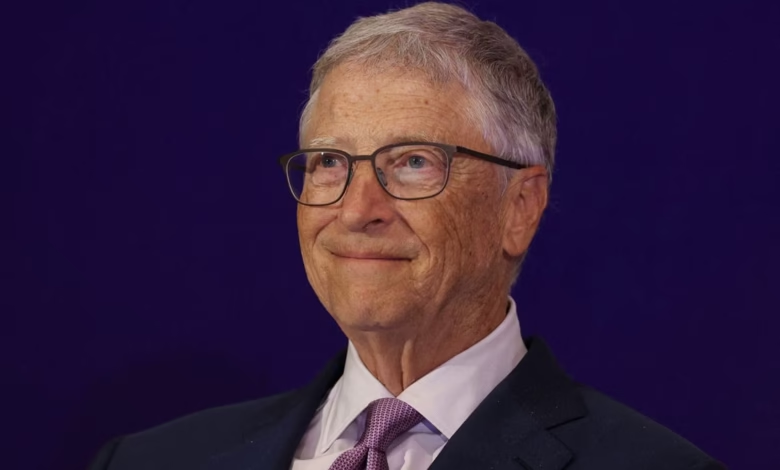3 Future-Proof Careers to Avoid AI Job Loss, Says Bill Gates

▼ Summary
– Bill Gates highlighted biology as a field resistant to automation due to the irreplaceable human intuition needed for scientific discoveries and hypothesis formation.
– Software development was noted as another resilient profession, where human creativity and oversight remain crucial despite AI’s ability to assist with coding tasks.
– The energy sector was identified as a third automation-resistant field, requiring human expertise to manage unpredictable dynamics and critical decision-making.
– Gates emphasized that while AI excels in data analysis, strategic and creative aspects of these fields still depend heavily on human input.
– The article encourages readers to consider how they can integrate human skills like creativity and intuition to stay relevant in an AI-driven future.
The rapid advancement of artificial intelligence has left many professionals wondering which careers will stand the test of time. According to insights shared by Bill Gates, certain fields remain uniquely resistant to full automation due to their reliance on human intuition, creativity, and strategic decision-making.
Biology stands out as a field where human expertise remains irreplaceable. While AI excels at processing vast datasets, it lacks the instinctual reasoning that drives scientific breakthroughs. Gates highlighted how forming hypotheses and interpreting complex biological interactions require a level of ingenuity that machines simply can’t replicate. Anyone who’s worked in a lab knows that some of the most groundbreaking discoveries emerge from unexpected observations, something AI can’t yet mimic.
Software development also made Gates’ list of future-proof careers. Though AI tools can assist with coding tasks, they fall short when it comes to innovation and problem-solving. A programmer’s ability to think outside the box, anticipate user needs, and refine systems with a human touch ensures their continued relevance. The best software solutions often arise from creative leaps rather than rigid algorithms.
The energy sector rounds out the trio as another resilient industry. Managing power grids, overseeing nuclear facilities, and adapting to climate challenges demand real-time judgment that AI can’t fully provide. Gates pointed out that while automation aids in data analysis, critical decisions, like preventing blackouts or optimizing renewable energy distribution, require human oversight. The stakes are simply too high to leave everything to machines.
These insights suggest that careers blending technical knowledge with creativity, adaptability, and ethical judgment will thrive alongside AI. Whether you’re a student choosing a path or a professional considering a pivot, focusing on skills that machines can’t replicate may be the key to long-term success.
What do you think? Are there other industries you believe will remain resilient in the face of automation? Join the conversation and share your perspective below.